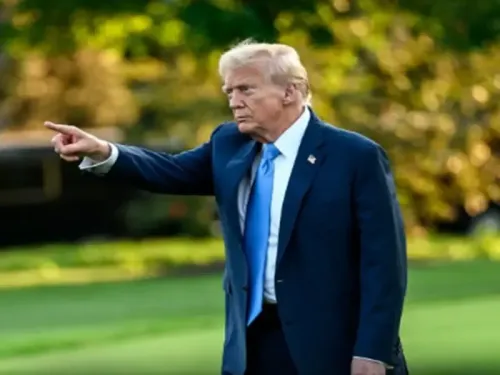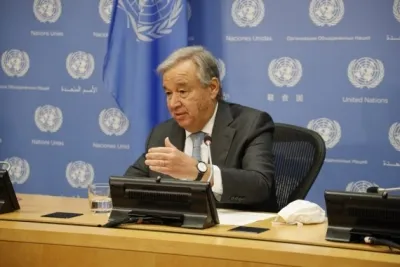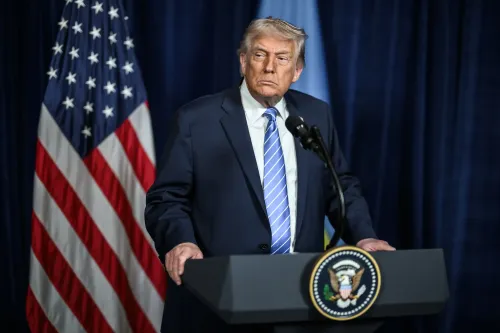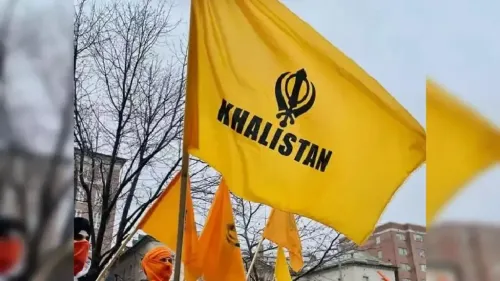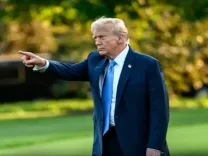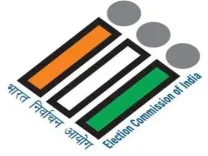Could the PM Modi-Trump Phone Call Mark a New Era?
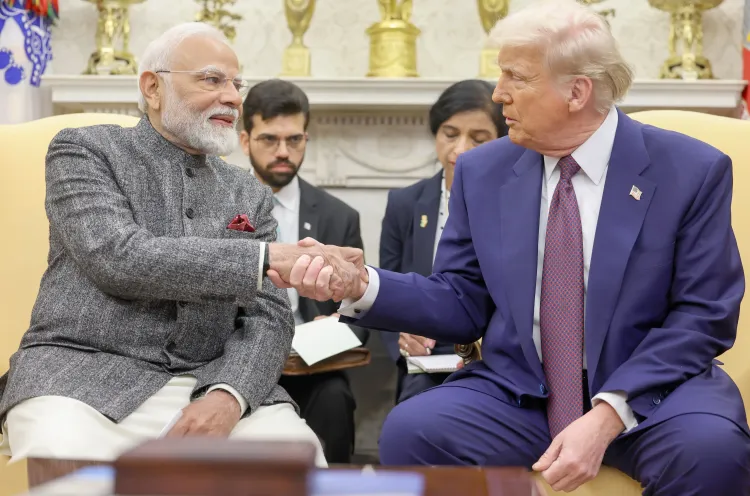
Synopsis
Key Takeaways
- Trump's call signifies strong bilateral ties.
- PM Modi's 75th birthday was a focal point.
- Trade negotiations are expected to gain momentum.
- India's approach to recent tensions was commendable.
- Future negotiations may involve practical concessions.
Washington, September 18 (NationPress) A day after US President Donald Trump reached out to Prime Minister Narendra Modi to convey his best wishes on the occasion of his 75th birthday and to discuss the state of bilateral relations, a former senior Indian official described the phone call as another “moment of bonhomie” between the two leaders, expressing hopes that “there is no turning back” in their relationship.
In an exclusive discussion with IANS, Jayant Krishna, a Senior Fellow at the Centre for Strategic and International Studies (CSIS) and the former CEO of the National Skill Development Corporation (NSDC), stated that Trump’s commendation of PM Modi is a positive indication for future bilateral relations.
“It is quite common for world leaders to make such calls, especially to allied nations. Nonetheless, it represents yet another moment of bonhomie between the two leaders, particularly as President Trump reiterated that PM Modi is doing an exceptional job for India. One hopes that there is no reverting back and that trade discussions gain traction, culminating in a mutually beneficial trade agreement,” he articulated.
During their first phone call in months, Trump reached out to PM Modi on Tuesday to offer his birthday wishes.
In a post on X, PM Modi referred to Trump as his “friend” and expressed gratitude for the birthday greetings.
“Thank you, my friend, President Trump, for your call and warm wishes on my 75th birthday. Like you, I am equally dedicated to elevating the India-US Comprehensive and Global Partnership. We support your endeavors toward a peaceful resolution of the Ukraine conflict,” PM Modi stated.
President Trump also shared on Truth Social, describing the phone call as “wonderful”. He expressed appreciation for PM Modi’s support in the efforts to resolve the Ukraine situation.
“Just had a wonderful phone conversation with my friend, Prime Minister Narendra Modi. I wished him a very Happy Birthday! He is doing a tremendous job. Narendra: Thank you for your support on ending the War between Russia and Ukraine! President DJT,” he noted.
The phone call took place following discussions between US Assistant Trade Representative for South and Central Asia Brendan Lynch and India’s chief trade negotiator Rajesh Agrawal in Delhi on Tuesday.
Both parties characterized the talks as “positive”.
Krishna, who is also a former Group CEO of the UK-India Business Council, welcomed the revival of dialogue, labeling it a “stock-taking exercise”.
“This stock-taking exercise was optimistic and future-oriented, and it will indeed pave the way for the sixth round of negotiations after nearly two months. I am hopeful that trade discussions will be expedited, leading to a deal being finalized within two months,” he remarked.
He also commended New Delhi’s approach to the recent tensions with Washington.
“India navigated these issues with exceptional maturity and responsibility. It neither retaliated nor responded in kind. In negotiations, it’s crucial to separate individuals from the issues and focus on interests rather than positions. India adhered to these principles with care and sensitivity,” he emphasized.
In recent times, India opted not to publicly respond to the frequent criticisms from senior Trump administration officials, including Senior Trade Advisor Peter Navarro and Commerce Secretary Howard Lutnick.
Regarding the ongoing negotiations, Krishna does not foresee “any significant changes” in India’s approach except for some “flexibility on agricultural and dairy products as a recalibration of tariffs”.
“On agricultural and dairy matters, I do not expect a major shift in India’s stance, and the US must recognize that India has limited capacity to make significant concessions,” he pointed out.
Addressing the additional US tariffs of 25% on India for importing Russian oil, Krishna suggested that the US might leverage this issue as a “negotiation tool” to secure greater market access for US exports to India, advocating for a pragmatic stance from New Delhi.
“The reduction of import tariffs on other goods is an unavoidable transition. India should embrace these practical realizations to facilitate the next round of trade negotiations with the US. Successful negotiations are always about mutual concessions, a skillful blend of assertiveness and compliance,” he proposed.


